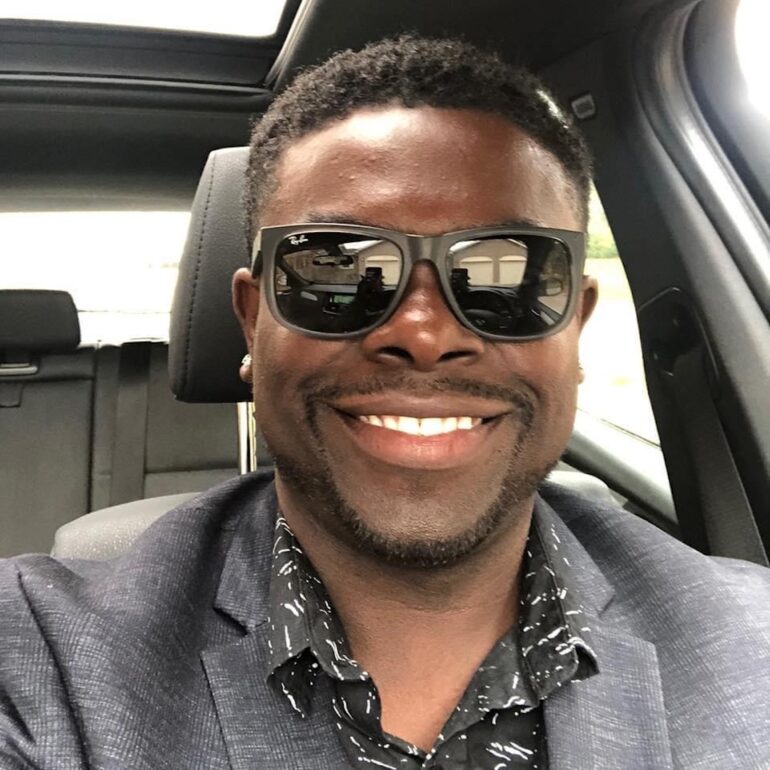Imagine walking into a room and instantly feeling judged just by the colour of your skin. For Kayla Escoffery, a young Black activist, it is a reality.
She said there is more to her than the colour of her skin.
“That alone, that idea of being judged, especially in high school, when you feel judged already by your peers [and] to feel that by your teachers creates even more of a barrier for your mental health,” Escoffery said.
The Grade 12 student is the founder of the Black Student Association in her high school. This association provided Black leadership roles, a chance for Black students to have a voice in the school environment and an open space to embrace the Black culture.
“We do have talks about Black mental health, which is a good concern, but the main thing for me when it comes to the Black Student Association is that Black students feel that their voice matters and they can see their culture at school,” Escoffery said.
Furthermore, Escoffery is the founder of the Young, Melanin and Feminine project, which provides a safe space for Black females to discuss what it is like being a Black woman and their mental health.
Escoffery started these organizations to support Black youth in a culturally affirmative and responsive way.
Michelle Herbert, the marketing consultant at Black Mental Health Canada (BMHC), said Black youth in Canada need specific mental health support.
“Mental health support isn’t a one-size-fits-all,” she said.
Herbert said cultural affirmation and responsiveness involve understanding the Black individual and being able to relate to them. For example, having an accessible Black therapist for Black youth is effective because there is a stronger connection and relation.
BMHC is also a non-profit organization like Escoffery’s association and program.
The organization works towards improving the mental health and well-being of Black individuals and communities in Canada. It advocates culturally qualified mental health services and promotes community education and empowerment.
BMHC provides programs, public speaking engagements, workshops, and a Black mental health provider to support Black individuals of all ages.
Leon Brown, a father of two young daughters, agrees cultural affirmation and responses will go a long way in helping the Black community and their mental health as he explains how it was for him growing up in Toronto.
Ever since middle school, there have been situations where racism happens this can be in school or at a store hanging out with friends, he said.
Brown said comedy is his coping mechanism when dealing with racism.
“With Jamaicans, what we tend to do a lot [is] we tend to walk on our feelings a lot, or we use the comedic relief and that’s always been my go-to,” he said.
In addition, Brown guides Black youth to be aware of what could happen when individuals make assumptions based on someone’s skin, regardless of gender.
However, when it comes to Brown’s daughters, he hopes to have the racism and stereotype talk later than soon. “There’s some part of your innocence and your youth that is taken away once you start talking about these particular things,” he said.
Brown hopes that in the future school systems provide more diversity among students and staff.
“I don’t just want Black people, I want a diverse group of ethnicities, so no one feels the need to be left out,” he said.

Leon Brown, a father of two young daughters. He spoke to Humber News about his experience growing up as a Black individual and his hopes for the future. Photo credit: Leon Brown
As for what should be more accessible to support mental health for Black individuals, Brown explains how seeing your own people in an area that involves vulnerability leads to being more willing to open up.
“No matter where you go or what you do, you wanna see your own, you don’t want just want to see one majority race,” Brown said.
It’s different communicating to someone who can only show empathy compared to someone who can truly understand and feel what others are going through, he said.

